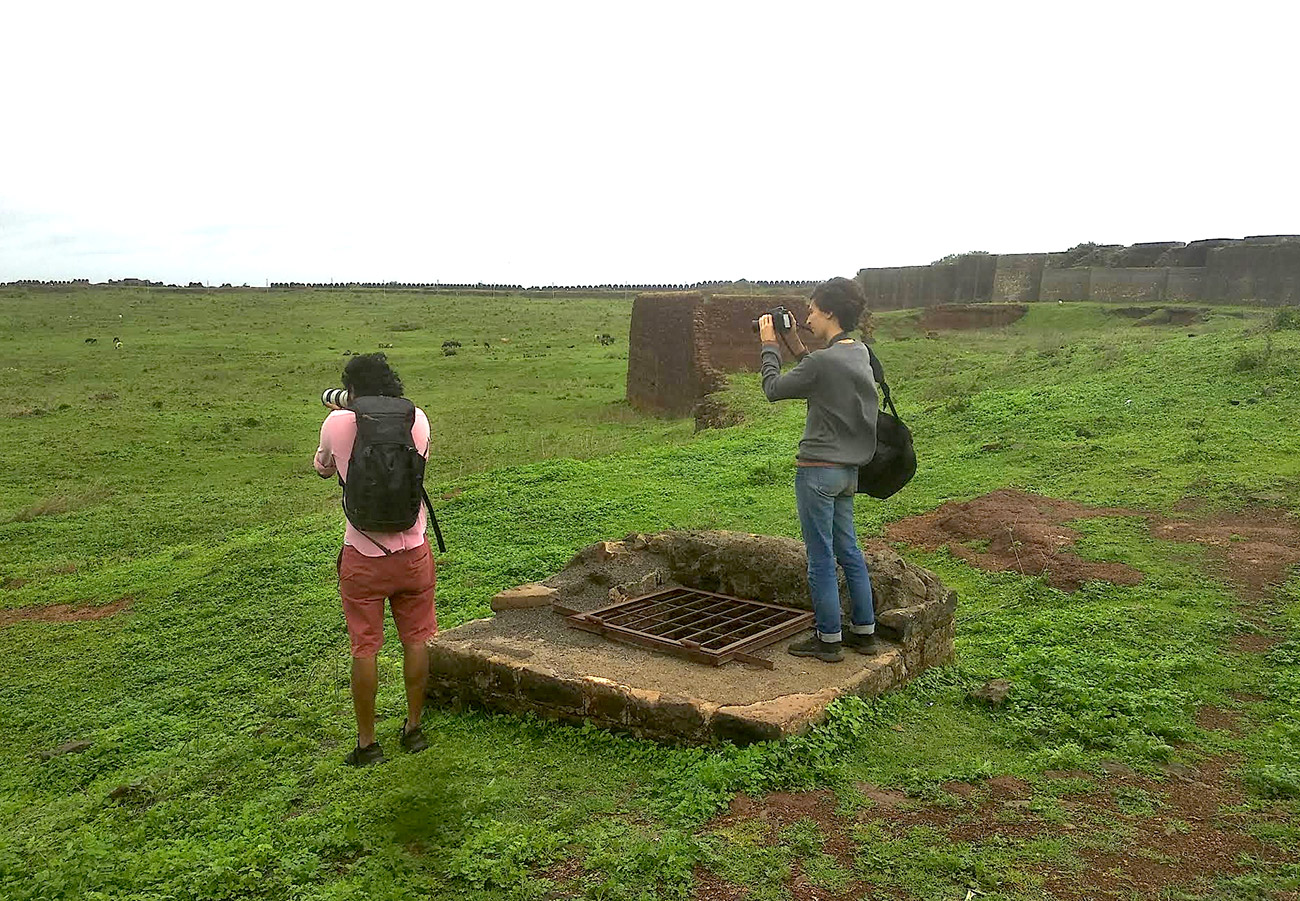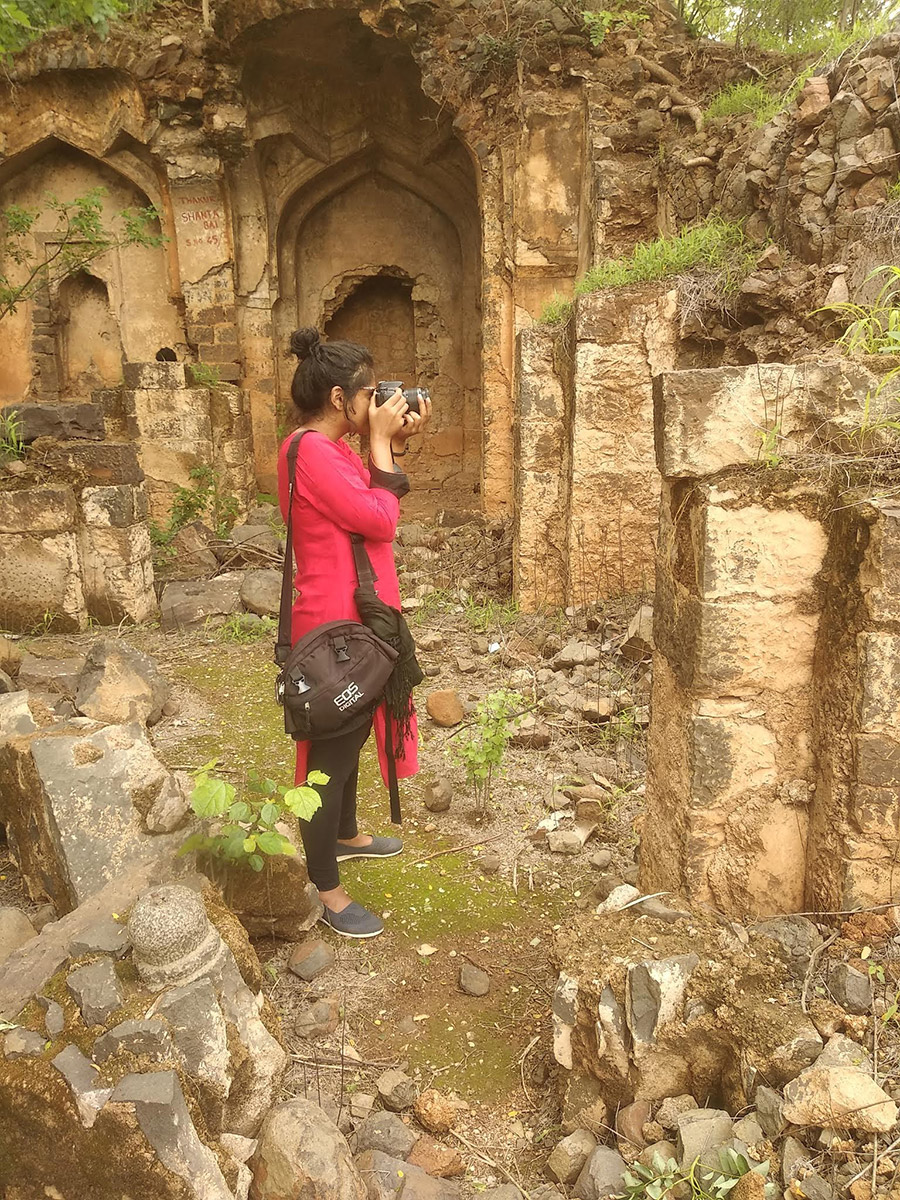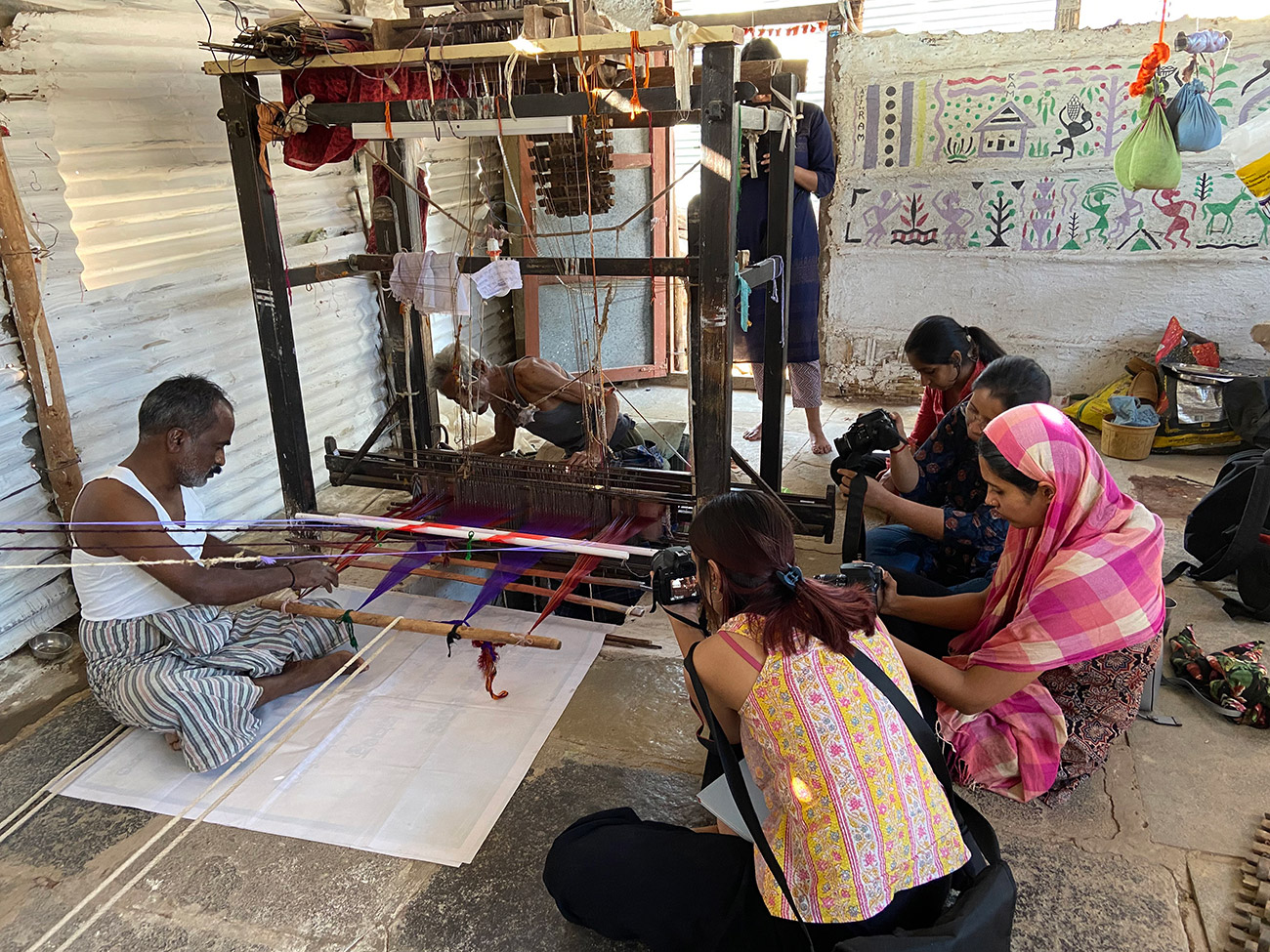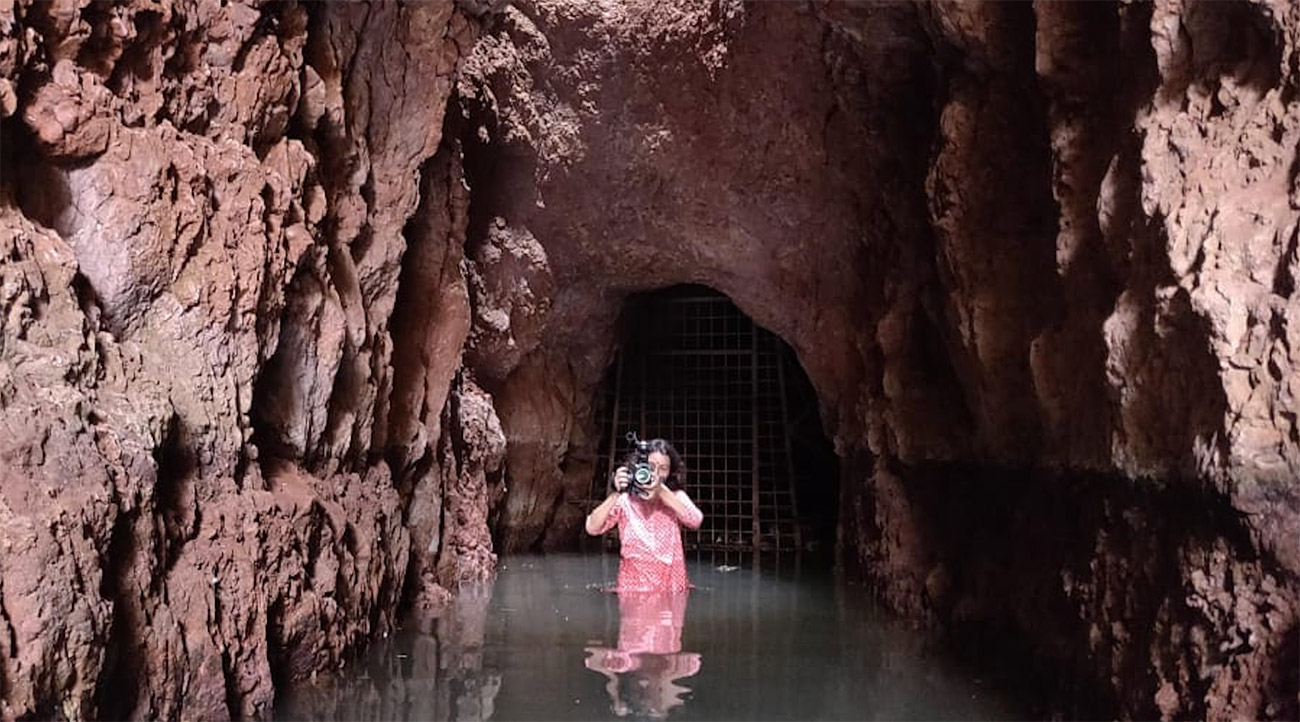"My road is towards the creation of a fresh perception of the world. Thus I decipher in a new way the world unknown to you." - Dziga Vertov

Vision
The first film ever made was a documentary. Since then, the practice of filmmaking, and of documentary film in particular, has undergone a huge transformation. New technologies have made way for different stories and unheard voices to emerge and together they have evolved into a variety of forms, styles and genres that continually redefine and expand what films about real people, places and occurrences are or could be.
The documentary film of today crosses and interconnects several disciplines and knowledge creation paradigms, making it an excellent research tool to understand the complex realities of the contemporary world. This understanding forms the crux of the Documentary Film program at Srishti Manipal.
We see the documentary film as a creative practice that consciously engages with the ever-changing social, political and cultural contexts around us. Change in society is largely an invisible process, only becoming apparent through lived experience. We believe the documentary has the capacity to make this process visible through the stories we choose to tell. We encourage the telling of stories that reflect upon the nature of the universe, linking the personal with the political, the particular with the universal, and the backyard with the world.

Course Structure
- Disciplinary and Interdisciplinary studios
- Workshops
- Seminars
- Lines of Inquiries (Field work, Case Studies, Investigations, individual or Group Projects, Transdisciplinary Research)
- Theory and Understanding
- Independent Study
- Open Elective
- Practice
- Exhibitions
- Culminating Performances of Understanding (Portfolio, Transdisciplinary research, Projects, Colloquium, Capstone/Dissertation)
- Knowledge Enhancement (ability or skills)
Learning Approach
Learning in the MA program is partly through course work and partly through research that is driven by published lines of enquiry. The curriculum provides strategic inputs in film technique, film language, storytelling, and research methods. Engagement with the context of the chosen line of enquiry is a necessary aspect of learning. Students are encouraged to explore and develop a personal style, voice and vision to tell their stories, through an intense engagement with the medium. The focus is on achieving an ease in using the language of film to pose relevant questions about ourselves and the world we live in.
The MA program provides a framework that supports research and the developing of one’s film practice to newer levels of fluency and sophistication. It offers theoretical and conceptual engagement with relevant topics and discourses in film practice. It encourages independent learning with close guidance from mentors, and collaborative work with peers.

Capabilities
Through the two years of course work and research, the programme aims to build these capabilities
- Using camera/sound as tools of enquiry
- Approaching the unknown and understanding the “other”
- Employing a range of research methods in generating insights and formulating positions
- Structuring thoughts and articulating points of view with coherence
- Understanding subjectivity and objectivity
- Responding to the uncertain, and making decisions in unplanned situations
- Creating layers of meaning, feeling or thought through film
- Constructing narrative towards impactful storytelling
- Experimenting with technique, form and material
- Conceptualising and producing a short documentary film independently

Opportunities
Once you graduate you have several career opportunities
- You can make independent or commissioned documentary films
- You can work in any organisation engaged in audio-visual production, including television and OTT platforms
- You can work as media consultant for national and international development agencies
- You can work in media archives, or in arts and media funding organisations
- You can continue your research and pursue a PhD in film or any allied discipline
People
Enquiries

Disciplinary Intersections
The program intersects with the following disciplines:
Anthropology
Contemporary Art Practices
Experimental Media Arts
Film
Photography
Public History
Research and Collaboration
Students of film courses have the opportunity to engage with and draw upon, the knowledge resources of other schools as well as the labs and centres at Srishti Manipal.
Practice News
Sandhya Mendonca on Facebook speaks about K M Chaitanya's edit page article in the Times of India: The Cinema Whisperers.
FAQs
It is one of the few master’s programmes in India, focussing on documentary film, aimed at all those who wish to develop a film practice, or take up film as an academic or research pursuit. It is designed by practicing filmmakers who combine a long and sustained practice with academic experience.
Visiting film professionals offer workshops and masterclasses to enhance learning. Theoretical study units and cross-disciplinary research engagements offer broad based understanding of social, cultural, political contexts.
The course offers a comprehensive understanding of the art, craft and ethics of documentary filmmaking and of research methods.
The Srishti Manipal tradition of interdisciplinary study allows students to engage with other disciplines and ongoing lines of enquiry.
You should have learnt basic filmmaking either in an academic institution or as an apprentice to a filmmaker. You should be an avid reader and watcher of films, and excited about pursuing documentary practice.
You will add to your existing knowledge of filmmaking by honing further the techniques, art and craft of filmmaking. You will watch lots of films, critically respond to them, and engage in several making exercises that explore the genres of documentary film. You will be part of research projects along the chosen lines of enquiry, and build research skills that draw from multiple disciplines and approaches. You will learn to conceptualise and develop ideas, write proposals and pitch your work to facilitators and peers. At the end you will make a short film within the framework of the programme.
By the end of the course, you would have developed the capabilities required for making a documentary film. You can begin an independent practice, or join an established production house or a senior filmmaker as an apprentice. If you wish to study further, you may continue to a PhD programme within Srishti Manipal or elsewhere. The development sector uses documentary film extensively in their work, and you could work in this sector as a media consultant. In addition there are other options such as curating festivals and working in grant making organisations.


